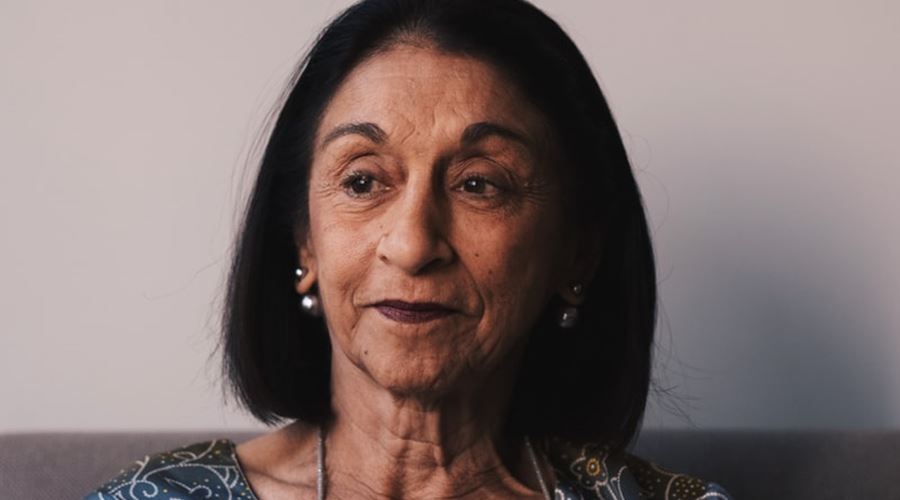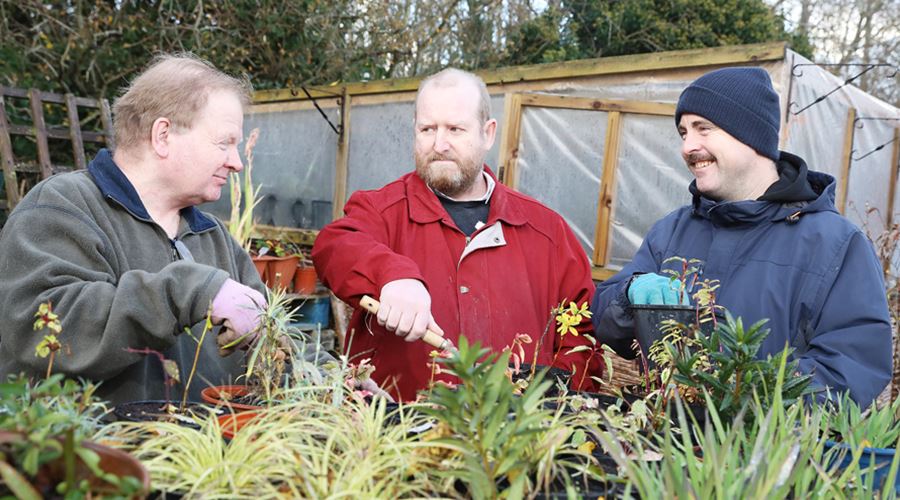- Home
- News & Blogs
- Current: The Chilling Reality: Cold Homes and Mental Health
Do you need urgent help?
If you need to speak to someone right now, here are some confidential options which provide 24/7 support. If you're worried you might hurt yourself or someone else, please call 999, or go to your nearest A and E.
Childline
Helps anyone under 19 in the UK with any issue they’re going through. Childline is free, confidential and available any time, day or night.
0800 1111Samaritans
24 hours a day, 365 days a year. You don't have to be suicidal to call us
The Chilling Reality: Cold Homes and Mental Health
Wed, 17 - January - 2024
The Chilling Reality: Cold Homes and Mental Health
As winter tightens its grip, the intersection of cold weather and mental health becomes more pronounced, especially for those already navigating mental health challenges. The concern about fuel poverty and inadequate heating in homes has long been a pressing issue, but the recent surge in energy costs and the broader cost-of-living crisis have exacerbated these worries.
Research is shedding light on how living in a cold home poses not only physical health risks but also a significant impact on mental health. The cold can cast a shadow over mental well-being in various ways. For many, the financial strain of heating costs becomes a source of stress, eroding feelings of control and autonomy over one's environment. Unable to maintain warmth, individuals may adopt coping mechanisms that isolate them socially, impacting relationships and overall mental well-being.
Recent studies highlight a compelling link between living in a cold home and an increased risk of severe mental distress. Even after considering various factors associated with mental health, including income, the risk remains significant. Alarmingly, the risk is not evenly distributed, with lone parents, the unemployed, and those with long-term illnesses being disproportionately affected. Further disparities also come to light, revealing significant inequality across ethnic groups – more than 12% of black people live in cold homes compared with under 6% of white people.
The combination of low incomes and skyrocketing energy costs has created a crisis in household budgets, disproportionately impacting those least able to afford it, often resulting in severe mental distress.
This winter, the absence of Stormont exacerbates the situation, leaving many individuals in dire need of assistance with utility bills and basic necessities.
Help and Support
St. Vincent de Paul, can in some areas, assist with heating and electricity costs, while local food banks offer essential packs based on specific criteria. Benevolent funds tailored to different work histories, such as those for civil servants or farmers, can also provide relief. The Department for Communities offers a discretionary fund accessible through a helpline, providing crucial support.
To seek help, individuals should reach out to their local council to explore available resources. Additionally, community spaces like libraries and local venues offering warmth and support can be valuable during challenging times. Researching available options within one's community is key to accessing the help needed.
As the cold weather settles in, it's essential to acknowledge the mental health toll it can take, particularly on those already grappling with challenges. By fostering community support and awareness, we can work towards ensuring that no one is left out in the cold, both physically and mentally.
Contact for more information and assistance:
St Vincent de Paul: [Link to St Vincent de Paul]
Department for Communities Helpline: [Link to Claim Discretionary Support]
Local Council: [Link to Local Council Contact Information]
Mental Health & Money Advice: [Support and advice regarding mental health and money]
Food Banks [Find a Food Bank near you]






